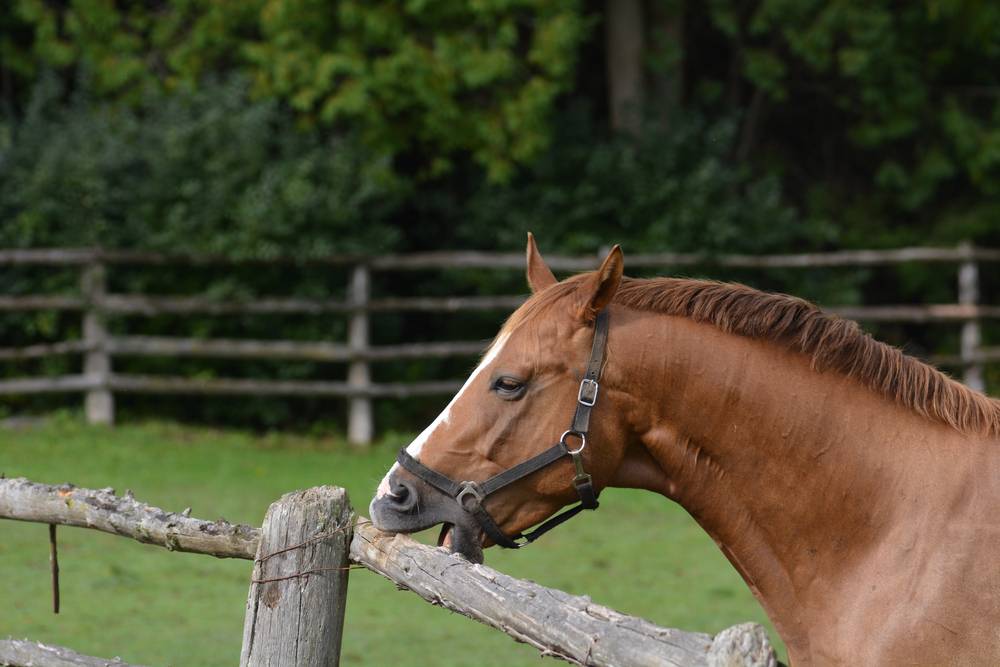Source: The Horse
Cribbing, a stress-coping behavior in horses, involves biting a surface and sucking in air, creating a characteristic sound. Though seemingly purposeless, cribbing is linked to stress, altered brain chemistry, and potentially hereditary factors. Research reveals it changes dopamine pathways in the brain, making the behavior difficult to stop. Cribbing may also be tied to gut microbiome imbalances, oxidative stress, and certain health risks like colic and dental issues.
Contrary to misconceptions, cribbing isn’t socially learned but stems from environmental stressors like confinement and abrupt weaning. While tools like cribbing collars or slow-feeders may help reduce its frequency, improving welfare by addressing stressors is key. Promising treatments, like CBD, have shown success in reducing cribbing. Understanding cribbing as a reflection of equine management rather than a moral failing helps shift focus toward prevention and better care practices, enabling horses to live more natural, stress-free lives.
Read the full story HERE: https://thehorse.com/1124690/whats-new-with-equine-cribbing-research/

